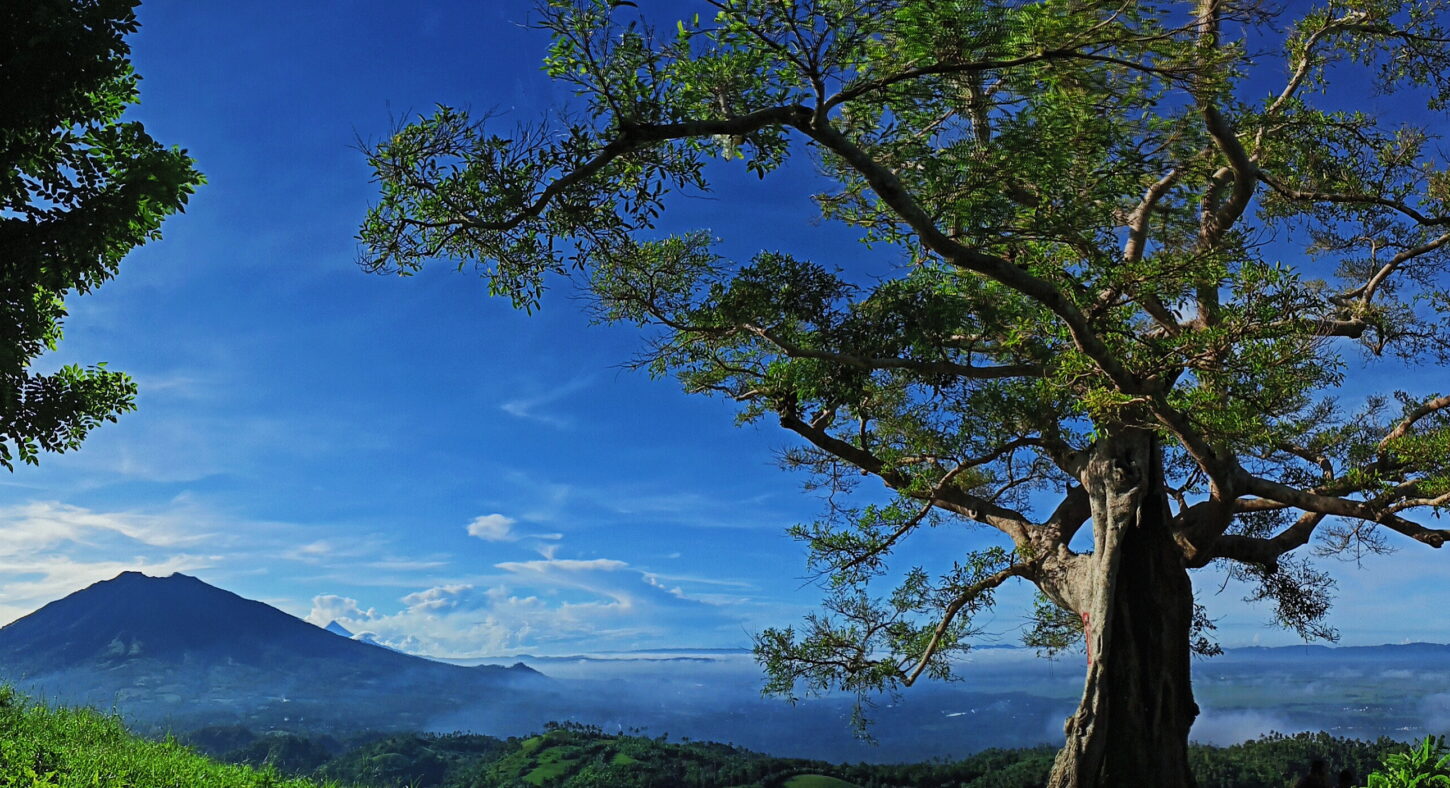Statement for Earth Day, 22 April 2021

The ACB joins billions of people in honouring our planet and spotlighting the urgency of working together to restore the world’s ecosystems. Photo by Mark Louies Boaquiña
Valuing, protecting biodiversity to restore Earth
By Dr. Theresa Mundita S. Lim
Executive Director, ASEAN Centre for Biodiversity
While today’s global health and climate crises have been putting many of us on pause, more and more people are fully realising that the Earth— the home that we inhabit and from which we get our basic needs— is at the centre of our survival and prosperity.
In celebration of International Mother Earth Day, the ASEAN Centre for Biodiversity (ACB) joins billions of people in honouring our planet and spotlighting the urgency of working together to restore the world’s ecosystems. The theme of this year’s Earth Day “Restoring the Earth” highlights natural processes and emerging green technologies to reverse trends and business as usual activities that put the planet and the people in jeopardy.
The rate by which we are losing biodiversity with one million animal and plant species now threatened with extinction needs our urgent attention. The Intergovernmental Science-Policy Platform on Biodiversity and Ecosystem Services in its 2020 workshop report gave a grim warning about the “era of pandemics.” It is estimated that another 1.7 million currently ‘undiscovered’ viruses exist in mammals and birds – of which up to 827,000 could have the ability to infect people. With biodiversity on a decline, buffers for infectious diseases are also weakened.
Restoring the Earth and the enormous variety of life living in it is an agenda in which everyone has a stake. The goods and services that underpin economic growth rely heavily on the health of biodiversity and the integrity of our ecosystems. Data from the World Economic Forum showed that approximately USD 44 trillion of economic value generation or more than half of the world’s combined GDP is dependent on ecosystem services. In Southeast Asia, the Economics of Ecosystems and Biodiversity (TEEB) 2012 report, which assessed the economic value of mangroves and coral reefs, as well as the social and economic costs of their loss over the period between 2000 and 2050, estimated the value of these ecosystems at USD 2.2 billion and 5.6 billion, respectively
Early this year, an independent global report, the Economics of Biodiversity: The Dasgupta Review, made it clear that nature is an economic asset, and that failure to conserve it has costs. As the report emphasised, given the imbalance between the demands of humans and the supply of goods and services derived from nature, we need 1.6 Earths to sustain our needs. This compelling piece of evidence calls for a major rethink on how we value biodiversity in our pursuit of development and prosperity.
Weighing the demands of sustaining our human needs life and restoring the Earth is important in our quest to live in harmony with nature. As the destruction of our planet puts economies, livelihood, and people at risk, we can no longer afford to discount biodiversity in our undertakings.
The Dasgupta Review identifies broad transitions towards sustainable pathways. Among these are addressing excessive demand for goods and services that strained nature’s capacity to supply them, changing measures of economic success particularly measuring wealth inclusive of nature’s assets; and institutional transformation particularly of finance and education systems.
In line with this, the ACB, supported by the German Development Bank (KfW), and Deutsche Gesellschaft für Internationale Zusammenarbeit (GIZ), is gathering economic and environment experts in a webinar on 27 April to facilitate an in-depth discussion of the Economics of biodiversity taking off from the recommendations of the Dasgupta Review. The webinar aims to identify and explore actions and priorities in the ASEAN context and build a good case for investing in nature and biodiversity-related actions, including for protected areas.
The recent crises made it clear that protecting biodiversity is everybody’s business. For this, the active participation of every member of society is paramount. We must realise that our actions, no matter how small and indirect, have a lasting impact on our planet. Together, we have the power to Restore Our Earth!
Happy Earth Day!
#
